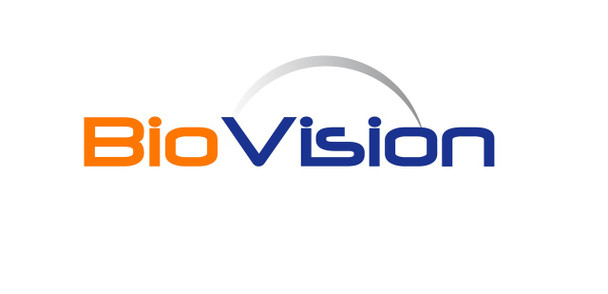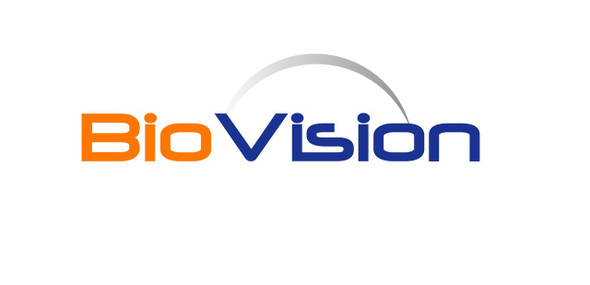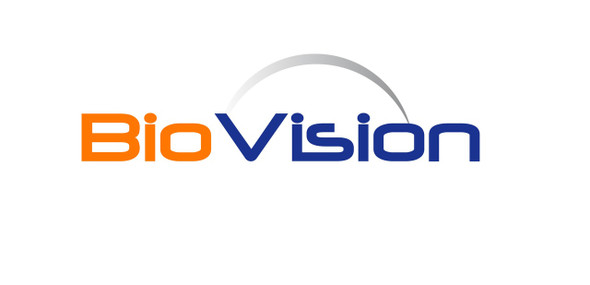Biovision
Human CellExp™ Coronavirus Spike Protein (SARS-CoV-2; S2), Recombinant | P1525
- SKU:
- P1525
- Availability:
- Usually shipped in 5 working days
- Storage Temperature:
- -80ºC
- Shipping:
- Dry Ice
- Shelf Life:
- 12 months
Description
SARS-CoV is an enveloped, single and positive-stranded RNA virus. Cell entry of severe acute respiratory syndrome coronavirus (SARS-CoV) is mediated by the viral spike (S) protein. The spike (S) glycoprotein of coronaviruses is known to be essential in the binding of the virus to the host cell at the advent of the infection process. The spike protein is a large type I transmembrane protein containing two subunits, S1 and S2. For viral entry, the surface unit (S1) of SARS S binds to the cellular receptor angiotensin converting enzyme 2 (ACE2) and the transmembrane unit (S2) then fuses the viral membrane with a host cell membrane. The S protein plays key parts in the induction of neutralizing-antibody and T-cell responses, as well as protective immunity, during infection with SARS-CoV. Because the S protein of SARS-CoV is involved in receptor recognition, as well as virus attachment and entry, it represents one of the most important targets for the development of SARS vaccines and therapeutics.
Biovision | P1525 | Human CellExp™ Coronavirus Spike Protein (SARS-CoV-2; S2), Recombinant DataSheet
Biomolecule/Target :
Synonyms:
Alternates names:
Taglines: Glycoprotein that enables viral entry into the host cell
NCBI Gene ID #:
NCBI Gene Symbol:
Gene Source: Coronavirus
Accession #:
Recombinant: TRUE
Source: Mammalian Cell
Purity by SDS-PAGE: >80%
Assay:
Purity:
Assay #2:
Endotoxin Level:
Activity (Specifications/test method):
Biological activity:
Results:
Binding Capacity:
Unit Definition:
Molecular Weight:
Concentration:
Appearance: Sterile Filtered colorless solution
Physical form description: Liquid
Reconstitution Instructions:
Amino acid sequence: aa 685-1211
Handling: Centrifuge the vial prior to opening.
Usage: For Research Use Only! Not to be used in humans






